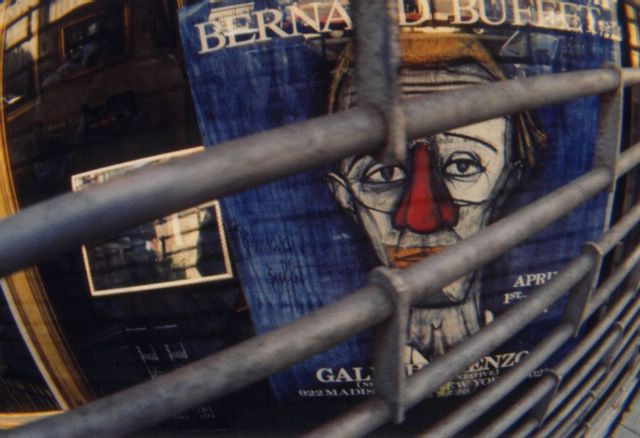Howie Kurtz leads today's Media Notes column with examples of how the press's diminished reputation and credibility is beginning to have a concrete effect: staffing cuts.
The journalism business is suffering from a double-barreled depression that stretches far beyond the travails of a single paper. If the industry were a person, a shrink would prescribe Prozac.
The methods and ethics of reporters, and their coziness with unnamed sources, is under attack as never before, just as mounting financial woes are prompting top news organizations to agonize over why their audience continues to shrink. Anyone who thinks these trends are unconnected hasn't spent time in a newsroom lately.
The indictment of Lewis "Scooter" Libby over his you-didn't-get-this-from-me discussions with Tim Russert, Matt Cooper and Miller has dramatized the sagging reputation of reporters. Rather than digging out vital information, they are seen as conduits for political sniping and worse. The poster children for the press right now are Miller and Robert Novak, who has refused to discuss why he helped two senior administration officials in the outing of CIA operative Valerie Plame.
As Michael Hiltzik of the Los Angeles Times writes: "The Libby indictment shows that this administration has made monkeys of the Washington press corps by playing on its desire for access, for party chatter, for being on the inside looking out instead of the outside looking in."
(insert brief pause for wankery about how the Iraq war wasn't the press's fault because the administration was so gosh-darn determined to invade that an informed public wouldn't have made a lick of difference)
While this debate rages, the industry's own news has been relentlessly downbeat. The Philadelphia Inquirer just lost 15 percent of its editorial staff to buyouts and isn't guaranteeing that others can keep their beats, prompting veteran reporter Daniel Rubin to write: "We're having so many meetings, it's a wonder we can get the paper out." The Boston Globe is dismantling its national staff. Nearly 12 percent of the St. Louis Post-Dispatch's editorial staff just accepted buyouts. The Baltimore Sun has closed two of its five foreign bureaus, shrunk its Washington bureau from 15 to seven and laid off columnist Jules Witcover. Knight Ridder's largest shareholder called last week for the sale of the company. Goldman Sachs says this "is shaping up as the industry's worst year" since the 2001 recession.
Of course, most newspapers still make plenty of money, just not enough to satisfy Wall Street. But the net effect is a downsizing wave that will hurt the core product.
While it's great from a schadenfreude perspective that the media are beginning to reap what their complicit laziness has sown, I'm having trouble getting excited about them cutting their reportorial resources back even more, since lack of actual reporting is what got them and the country into their respective messes in the first place. So even if the media really has learned its lesson, does it still have the manpower to do anything about it?
I can't help but wonder if this is all part of a master plan to provide the media a permanent alibi for not doing their jobs, but a conspiracy theory is probably not necessary when simple incompetence and small-mindedness is explanation enough (See: Hurricane Katrina, President Bush, and black people).

2 comments:
the permanent alibi syndrome. i think that's it exactly. they've seen how well it works for Bush!
and now we're seeing circulation numbers dropping.
Post a Comment